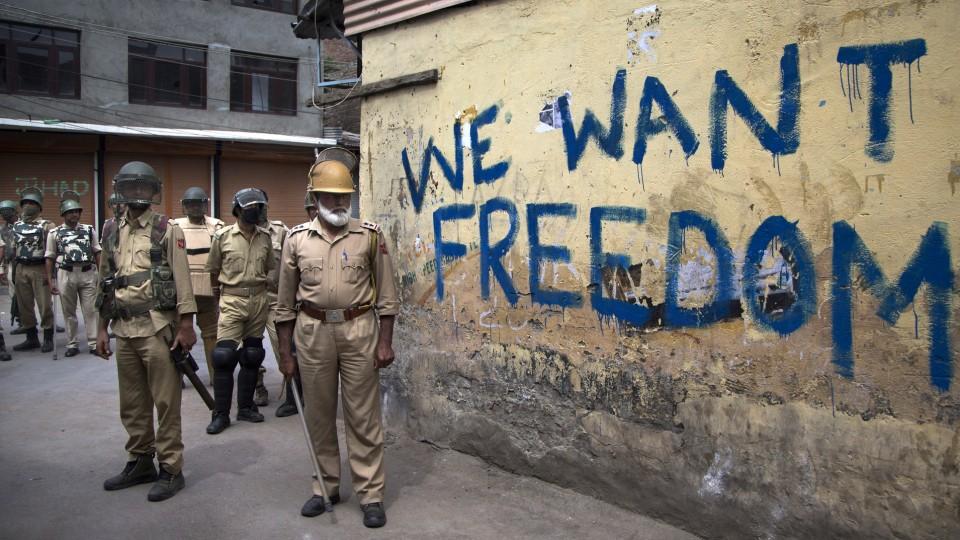Kashmir Policy Proposal

This document outlines one of the most urgent and consequential peace challenges in the world today — the Kashmir conflict.”
Kashmir is a landlocked region in the Himalayas, divided since 1947 between India, Pakistan, and China — all nuclear-armed nations. What began as a political dispute after British decolonization has evolved into a humanitarian tragedy and a potential nuclear flashpoint. For more than seven decades, over 12 million Kashmiris have lived without self-determination, under military occupation, by both India Pakistan and China and in constant fear of violence and economic strangulation. Despite UN resolutions dating back to 1948 guaranteeing a self determination for the Kashmiri people, neither India nor Pakistan has honored those commitments. The world’s silence has allowed a crisis to fester in one of its most sensitive regions — a region where one miscalculation could trigger a nuclear confrontation with consequences for the entire planet.
This policy brief lays out three key points:
First, it reaffirms the legal and moral case for Kashmir’s sovereignty — rooted in international law, UN resolutions, and the principle of self-determination.
Second, it exposes the human and economic cost of the ongoing occupation — including human rights abuses, environmental destruction, and systematic resource exploitation that mirror colonial-era practices.
Third, it presents a peace architecture — a multi-track framework that brings together India, Pakistan, and authentic Kashmiri representatives in parallel dialogues, converging toward a permanent settlement under international facilitation.
Kashmir is not simply a regional issue — it is a test of the world’s conscience. It is a test of whether humanity will allow an entire people to live indefinitely under division, militarization, and fear, or whether we will finally fulfill the promise of justice made in the aftermath of World War II.
And this is where President Trump’s leadership can make history. His determination to resolve conflicts and promote peace gives hope that America can once again lead the world toward reconciliation instead of confrontation. If the Kashmir conflict is resolved peacefully under U.S. facilitation, it would not only end one of the world’s oldest disputes but also avert the constant risk of nuclear escalation in South Asia — a legacy worthy of global recognition, and indeed the Nobel Peace Prize.
